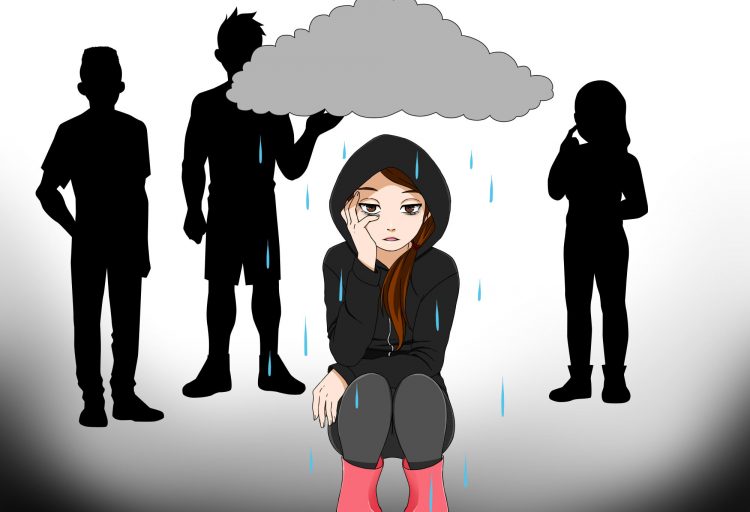It is a shame to get used to distance.
In the year since the arrival of COVID-19, nobody has been unaffected by this new aspect of daily life. Memories of packed concerts and swarming festivals are now painfully remote, while the groundswell of human connections expected of the college experience has become a cast-off artifact.
In a world already marked by change and controversy, the pandemic has shifted it fully into a postmodern universe, painful because what was good is so easily remembered. Natural human inclinations must be ignored for the cause of safety. Our hands stay in our pockets, eyes firmly on the ground, and we hope desperately that contagion is out of sight.
As March of 2020 sloped downward, just before the hard lockdowns arrived, I spent an afternoon in the library. Masks would not be required by law for another two months, but the typical signage and clear plexiglass barriers had gone up overnight, and in the course of one month, the atmosphere had completely changed.
There was an overwhelming silence. Hints of nervousness could be spotted on every face, with the few people in the main level chattering restlessly, in desperate need of a laugh. Working on some homework, I found the landscape almost alien. It was 3 p.m. on a Thursday, but all the familiar faces had disappeared, replaced by the looks and laughter of strangers. I decided to head upstairs.
Immediately the silence became a welcome presence. It is a sound, or absence of sound, completely unique to the Woodward Library. Moth-eaten volumes in clothbound, autographed editions. Rows of multi-colored shelves, stacked with rare and forgotten pieces. Antiquated signs from the late 50’s. A complete swallowing of sound and activity. Whether coming to study or read or think, the Library provides a distinctly human feeling in the upstairs level.
I browsed the shelves with a feeling not unlike apprehension. Every second spent in the library was a second not spent somewhere else. That isn’t to say that the Library is not worth the time. But a few restaurants were still open, along with the dredges of concerts or live shows or athletic centers. I knew that it would be a long time before things got better, and that things would soon be getting much worse. Was it a waste to spend crucial hours in a place I knew like the ticking of a clock? I crouched and reached for a book.
The familiar feeling began to arrive. In a time of pandemic, here was the most human experience one could get. There are lives of great men, reports from the wilderness or the depths of a cavernous battlefield. Great novels and horrifying truths coming to rest and spin their stories. Even in the early days of pandemic, when food lines and suffering ran the hourly headlines, the Library provided knowledge that times had been bad before, but would be good again. Heading downstairs, I checked out my books. I had a good conversation, and even laughed over a few jokes. The belief then was that it would be over in two weeks. I didn’t step on campus again for another year.
I returned to campus two weeks ago. The first place I went was the library. There was the familiar nervousness, as if the cups of espresso and whirring computer fans were held up by an
unbearable tenuousness. But there were smiles on the faces of the few in attendance. Though there was no rush of humanity or sounds of hushed, active conversation, the people seemed to be regaining their natural push towards contact and connection.
The Library is a breeding ground for the tempered optimism necessary in life after 2020. People remain distanced and separated, but the yearning for understanding and connection has only grown stronger. APSU made a strong stance against COVID-19, keeping numbers down and buildings open, and the effects are still felt. Yet it is harder and harder to accept that things will remain that way. The APSU community has missed so much in the past year, but the significance of an engaging silence cannot be understated. Not everybody reads or writes, but anybody can engage with what the Library provides.


